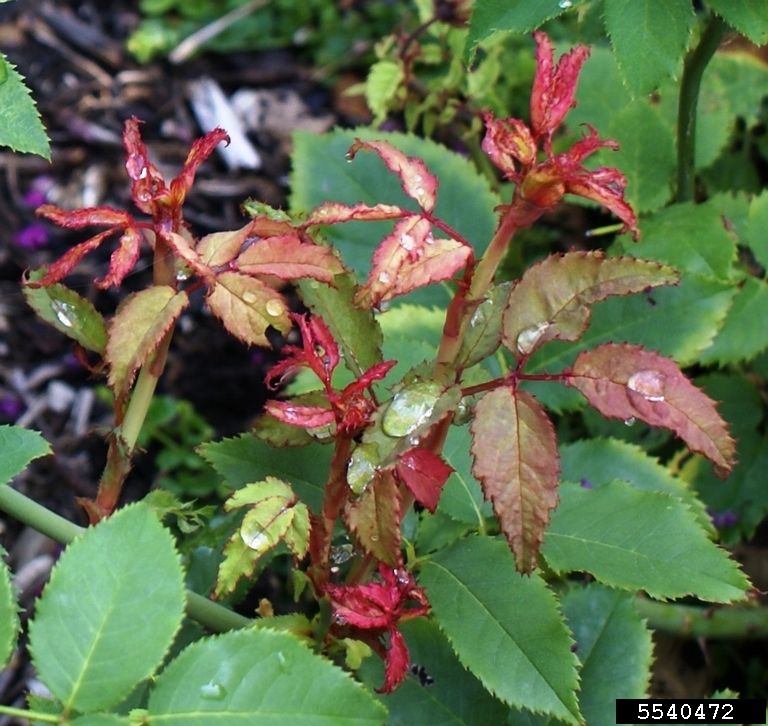Rose Rossette Virus Survey

-
Status of project
Ongoing -
Region
Oceania -
Country
Poland -
Programme
International Plant Sentinel Network -
Workstream
Saving Plants -
Topic
Policy and Advocacy -
Type
Survey
Rose rosette virus (RRV) is an emerging risk to rose cultivation. It was described for the first time in the US and Canada in the 1940’s. Since then, RRV has spread throughout both countries. In 2017, the virus was found in India, the first finding outside North America. RRV is transmitted by grafting and by the mite Phyllocoptes fructiphilus. The mites are transported by the wind, by insects during pollination, and by contact with clothes or gardening tools. Current control measures include the eradication of infected plants.
The IPSN is currently carrying out a survey to assess the distribution of RRV in botanical gardens and would be interested to hear about plants with RRV- like symptoms. Assessments have so far been carried out in botanic gardens and arboreta in the UK, Poland and Australia. No symptoms of the virus were reported from any of the gardens that participated.
The survey has helped raised awareness of the issue in botanic gardens and arboreta as well as rose societies across Europe, South America, Africa, New Zealand and Australia since listing RRV as a priority pest for surveillance.
Please get in touch with us if you would like to take part in this survey.
Thumbnail image: Rose rosette virus RRV – Jennifer Olson, Oklahoma state university, Bugwood.org